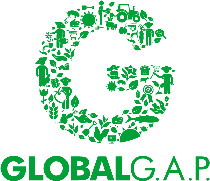Systems and services update
Capacity building
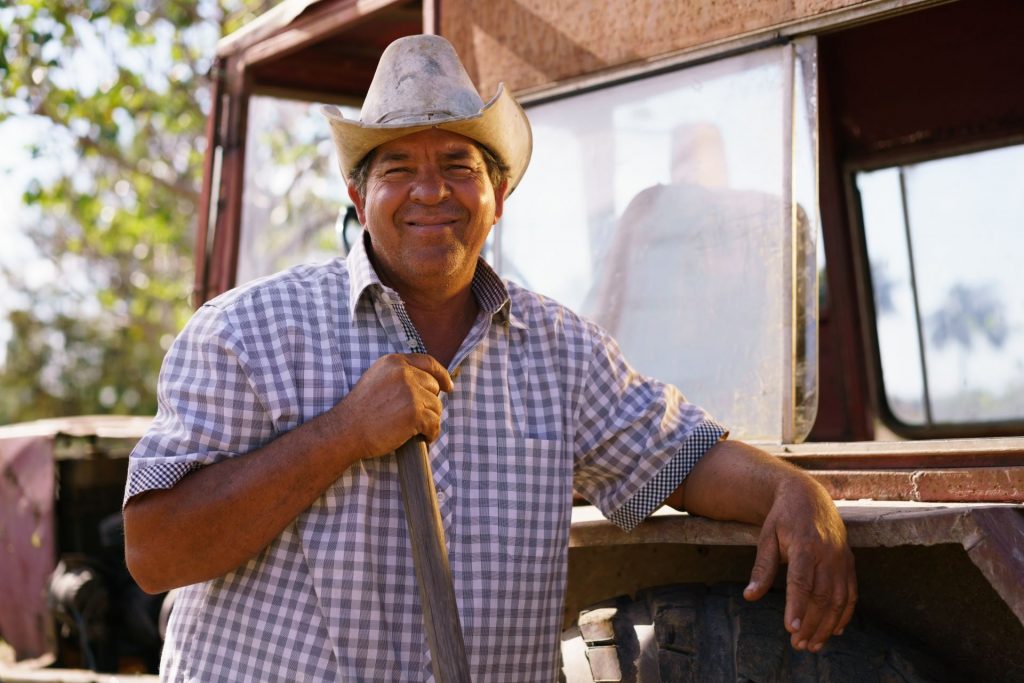
The term “capacity building” encompasses all of the GLOBALG.A.P. activities aimed at raising awareness of responsible farming practices and facilitating their implementation on the ground. This includes training from the GLOBALG.A.P. Academy, working with consultants and freelance trainers through the Registered Trainer program, projects supported by collaboration with other organizations around the world, as well as events such as GLOBALG.A.P. TOUR stops. All of the capacity-building efforts are vital to the GLOBALG.A.P. mission of fostering the global adoption of safe, socially and environmentally responsible farming practices.
The GLOBALG.A.P. Academy
The GLOBALG.A.P. Academy offers workshops and training programs to transfer our extensive certification experience, knowledge, and expertise to those who need it. Targeted, up-to-date trainings are offered in various locations around the world. Due to the COVID-19 pandemic, most recent trainings have been held online.
The GLOBALG.A.P. Academy offered workshops on the following topics in 2021:
Workshops by type
Capacity building projects
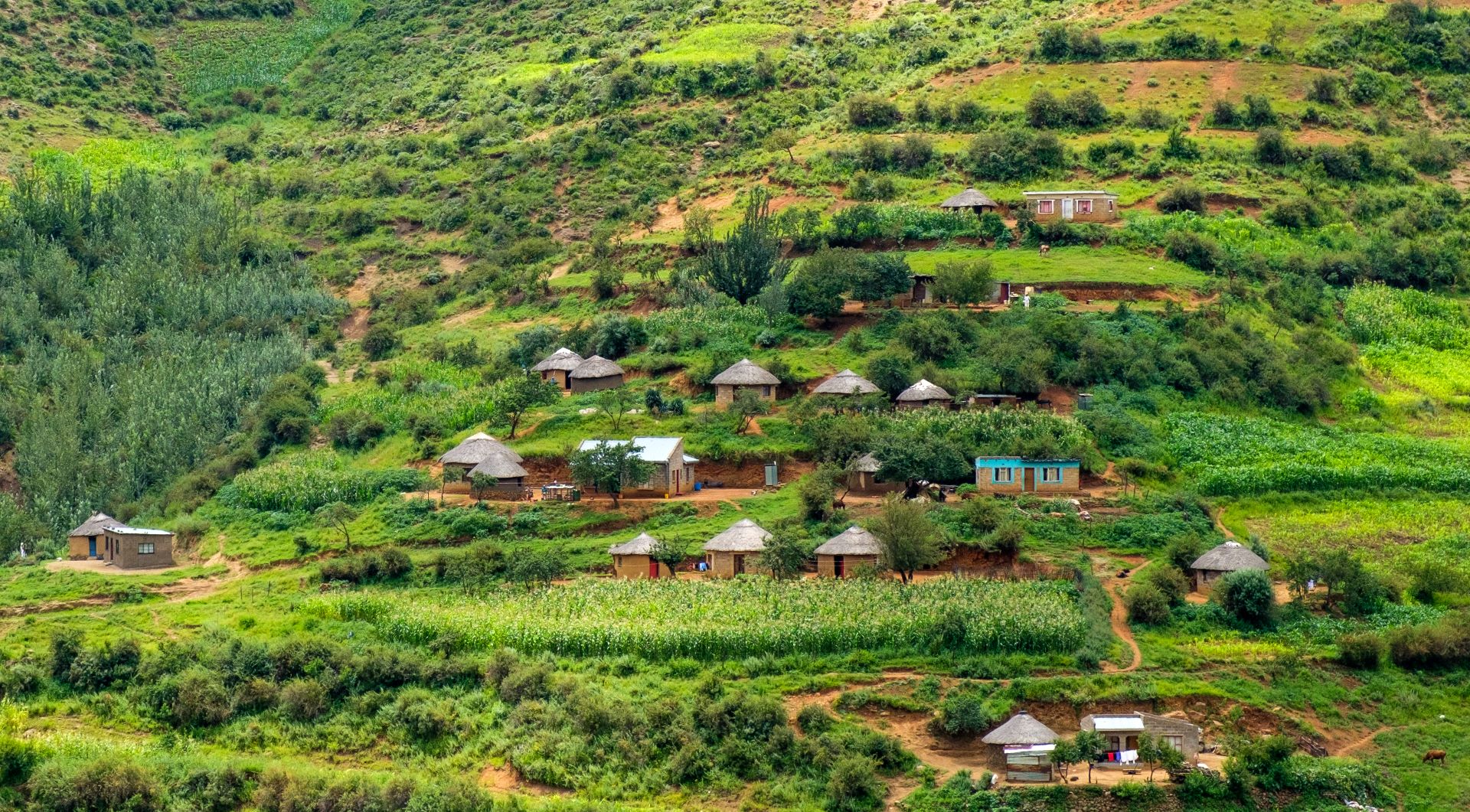
GLOBALG.A.P. partnered with the United Nations Development Program (UNDP) to support efforts to improve the resilience of the local agricultural sector in Lesotho in the face of the COVID-19 pandemic.
The project is based on the UN COVID-19 response strategy and the UNDP policy offer 2.0 for COVID-19 recovery. The project focuses on building the capacity and resilience of the local agricultural sector to produce and supply the local market through sustainable production, processing, and marketing processes. In collaboration with local stakeholders, UNDP sought to implement activities aimed at mobilizing the private sector, building capacities of smallholder farmers through the scaling of productivity and creation of networks for market access for economic recovery, as well as creating more employment opportunities.
GLOBALG.A.P. was approached to help improve the capacities and expertise of local agricultural experts, enabling them to support smallholder producers in Lesotho. The goal is to enable local consultants to work directly with smallholder farmers, supporting them in improving local resilience and helping them comply with regional and international market regulations in the horticulture and livestock sectors.
In order to achieve this, and in light of the COVID-19 pandemic, GLOBALG.A.P. adapted its training methods to provide online training in the implementation and assessment of IFA and GRASP, as well as training in the implementation of GLOBALG.A.P. frameworks such as quality management systems and internal inspector trainings.
In total, 43 participants from across the horticulture and livestock sectors successfully completed the trainings.
GLOBALG.A.P. also conducted a five-day research tour in South Africa to help facilitate an understanding of how producers and producer organizations in South Africa implement GLOBALG.A.P./localg.a.p. standards. A total of 15 delegates attended the tour and were able to learn about the role of mentorship in helping smallholder farmers enter national markets, obtain certification to food safety standards, and network with different key players of South Africa’s agricultural industry.

The Namibian Agronomic Board (NAB) is on a mission to promote the Namibian agronomic industry, facilitating the production, processing, storage, and marketing of controlled agronomic and horticultural products in Namibia. The NAB sees GLOBALG.A.P. as an important tool in this process, and GLOBALG.A.P. has been working alongside NAB to facilitate the adoption and integration of the localg.a.p. PFA and GLOBALG.A.P. IFA standards in the region.
Activities throughout 2020 and 2021 have included the delivery of several training workshops to enhance the capacities of local experts in the assessment and implementation of GLOBALG.A.P. and localg.a.p. standards, as well as the provision of group certification workshops on quality management systems and internal inspector training.
As work continues into 2022, Managing Director Kristian Moeller visited Namibia to speak with industry and government representatives on the importance of both GLOBALG.A.P. and localg.a.p. for Namibia. GLOBALG.A.P. has also been conducting a series of mentorship programs, working closely with producers to prepare them to independently assess the status quo of farms under the localg.a.p. and GLOBALG.A.P. standards.

Agriculture forms an essential part of the national economy in Tanzania. Under the Tanzanian Five Year Development Plan, the Ministry of Agriculture plans to strengthen agriculture so that its share of Tanzania’s GDP will rise from 22% at present to 32% by 2025 or 2026. In addition, a national food security target has been set, with a self-sufficiency rate of 140%.
As part of the efforts to meet these targets, a partnership between GLOBALG.A.P., the Tanzania Horticultural Association (TAHA), and the Finnish agriculture agency for Food and Forest Development (FFD) has been striving to create better, more sustainable livelihoods for smallholder farmers in Tanzania. The partnership aims to encourage smallholders to meet the quality demands of domestic export markets, since increased awareness of European market requirements (specifically the requirement for certification to IFA), and the implementation thereof, can drive growth. In recent years there has been a significant increase in IFA certification, from 24 certificates to 40 certificates in 2020.
However, in order to continue to grow the agricultural sector in Tanzania and support the goals of the Five Year Development Plan, there is a pressing need to continue to increase the number of certified producers in Tanzania with certified production processes and support farmers in achieving GLOBALG.A.P. certification. To help bridge this gap, GLOBALG.A.P. has facilitated the delivery of several online training workshops to enhance the capacities of local experts in the implementation of the IFA standard. This project has also focused on training producers in the implementation and assessment of GRASP.
As well as providing training, GLOBALG.A.P. has been working in close collaboration with TAHA and FFD to organize a multi-day GLOBALG.A.P. TOUR stop in 2022 aimed at addressing market access challenges that are preventing compliance with GLOBALG.A.P. standards. Bringing together a diverse audience of producers, researchers, development partners, and government and industry representatives, the TOUR stop will also aim to provide farmers, exporters, and traders with the information they need to not only achieve certification to IFA but also comply with the latest social sustainability criteria (including GRASP) and achieve sustainable water management through the SPRING add-on.
Looking ahead to the TOUR stop, GLOBALG.A.P. is proud of the opportunity to work alongside so many different participants with the same goal of supporting smallholders in Tanzania.
Farm Assurers
Farm Assurers* are independent, GLOBALG.A.P. trained and approved consultants who provide expertise to producers. With first-hand knowledge about the GLOBALG.A.P. system and the latest industry developments, they make the standards easier to understand and provide professional, personalized guidance which enables producers to make more informed commercial decisions and learn about new market opportunities that GLOBALG.A.P. certification can bring.
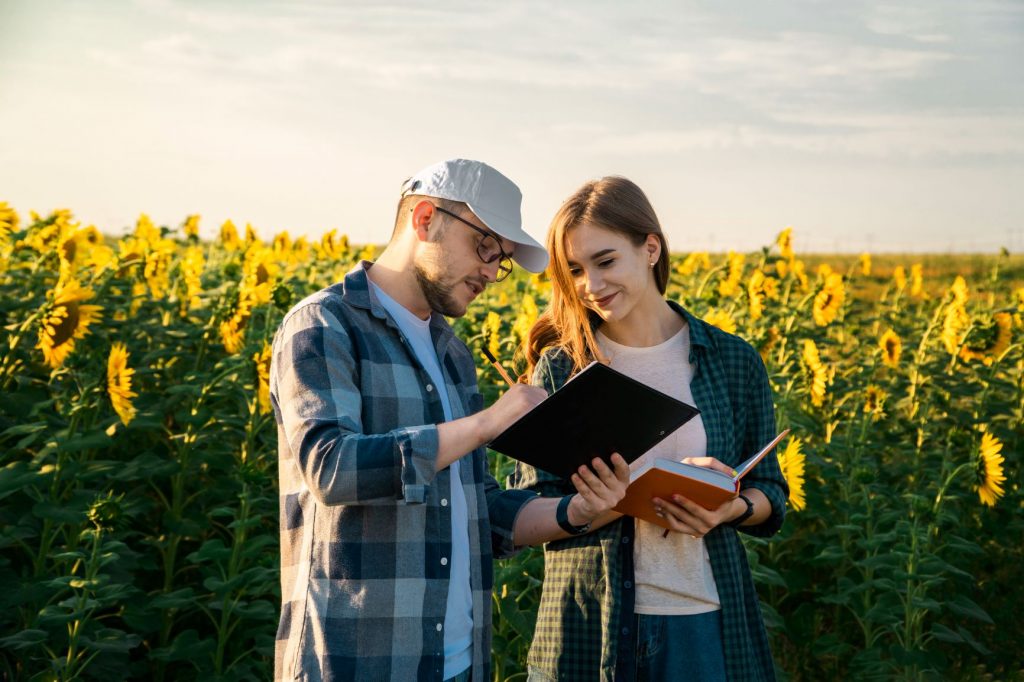
*In January 2022 the Farm Assurer program was succeeded by the Registered Trainer program. For this reason, our website now refers to Registered Trainers rather than Farm Assurers. For more information, please see here.
Number of Farm Assurers per region in 2021
Hover over the dots to see the number of Farm Assurers.
New Farm Assurers in 2021
Hover over the countries to see the number of new Farm Assurers.
Silver Seal Farm Assurers in 2021 (5+ years of service)
Those who achieved silver seal status for the first time in 2021 are highlighted in yellow.
| FA Consultant | Country |
|---|---|
| Indiana Mendilaharzu | Argentina |
| Stephan Imbery | Austria |
| Kliment Petrov | Bulgaria |
| Gaowen Liu | China |
| Jell (Guancheng) Shu | China |
| Beatriz Arrieta | Colombia |
| Lis Soerensen | Denmark |
| Manal Saleh | Egypt |
| Fikre Dessie Mekonnen | Ethiopia |
| Seble Eshetu | Ethiopia |
| Yordanos Fekade | Ethiopia |
| Victor Koblah Avah | Ghana |
| Carlos Palacios | Guatemala |
| Edwin Guzman | Guatemala |
| Hector Carrillo | Guatemala |
| Josue Teo | Guatemala |
| Marwin Garzona | Guatemala |
| Patricia Obichukwu | Nigeria |
| Per-Otto Hjertenes | Norway |
| Alexandra Pinto | Portugal |
| Iain Bennett-Hobbs | Portugal |
| Maria Niculiu | Romania |
| Isidor ByeongDeok Yu | South Korea |
| David Contreras | Spain |
| Francisco Guillen | Spain |
| Jenna Wijngaarde | Suriname |
| Seda Kizilok | Turkey |
| Fazal Hamid | United Arab Emirates |
| Qamar Zia | United Arab Emirates |
| Aaron Avila | United States of America |
| Juli Ogden | United States of America |
| Keith Heinrichs | United States of America |
GLOBALG.A.P. benchmarking
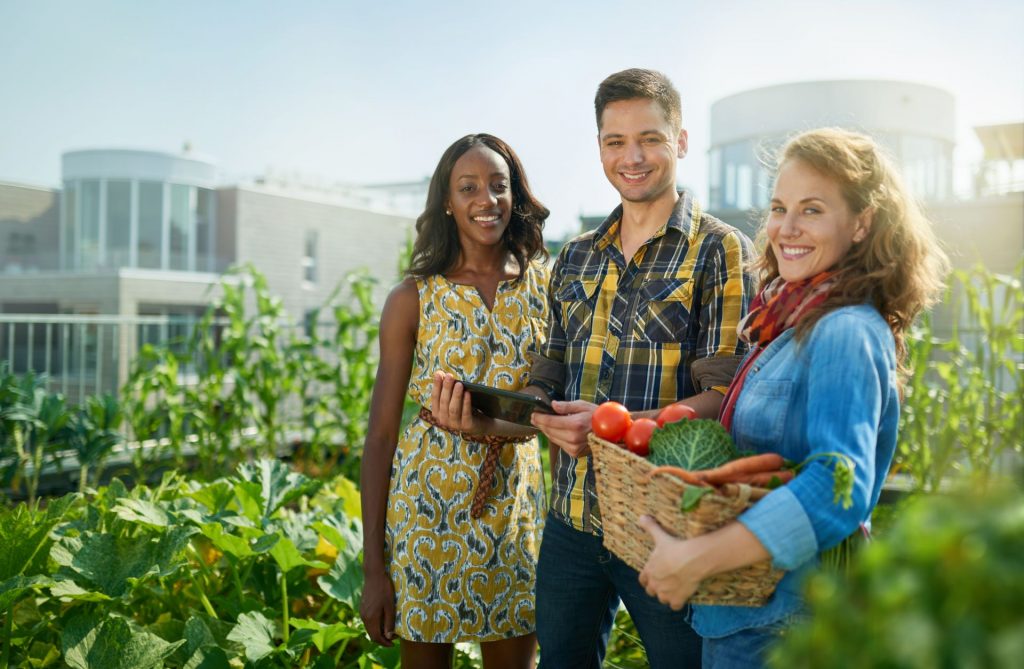
GLOBALG.A.P. recognizes other standards as equivalent. This form of benchmarking avoids the need for duplicate audits and simplifies certification for producers. In turn, this reduces costs, administration, time, and effort for producers, suppliers, and retailers – contributing to higher engagement in safe and responsible farming.
In 2021 GLOBALG.A.P. offered two levels of benchmarking recognition – equivalent schemes/checklists (full conformance to GLOBALG.A.P. requirements) and resembling schemes (incomplete but substantial conformance). By achieving GLOBALG.A.P. benchmarking recognition, the benchmarked schemes and checklists also enjoy international acknowledgement – a valuable advantage in a highly competitive global market.
The role of the Benchmarking Committee
The Benchmarking Committee is composed of independent technical experts representing the agricultural industry and supply chain. The GLOBALG.A.P. Secretariat appoints members for each scheme/checklist applying for benchmarking. The Committee is responsible for evaluating the benchmarking process results report and recommending a recognition level for each applicant scheme/checklist.
2021 benchmarking figures:
Benchmarked product categories
| Scheme Name | Scheme Owner | Country | Sub-Scope(s) | Category | Version |
|---|---|---|---|---|---|
| AGROCALIDAD BPA | Agencia Ecuatoriana de Aseguramiento de la Calidad del Agro – AGROCALIDAD | Ecuador | FV | Checklist | GLOBALG.A.P. IFA V5.1 – Guía de BPA Version 1 |
| AMAG.A.P. | Agrarmarkt Austria Marketing GesmbH | Austria | FV | Scheme | GLOBALG.A.P. IFA version 5.2 – AMAG.A.P. version 2018 |
| ChileG.A.P. | Asociación de Exportadores de Frutas de Chile, A.G. (ASOEX) | Chile | FV | Checklist | GLOBALG.A.P. IFA version 5.2 – ChileG.A.P. version 5.2 |
| EHPEA Code of Practice for Sustainable Flower Production (Silver Level) | Ethiopian Horticulture Producer Exporters Association (EHPEA) | Ethiopia | FO, PPM | Scheme | GLOBALG.A.P. IFA version 5.2 – EHPEA version 5.1 |
| IKB Varken Varkenshouders | Kiwa VERIN B.V. | Netherlands | Pigs | Scheme | GLOBALG.A.P. IFA version 5.2 – IKB version 22 |
| KFC Flowers and Ornamentals Sustainability Standard | Kenya Flower Council | Kenya | FO | Scheme | GLOBALG.A.P. IFA version 5.2 – KFC version June 2019 |
| MPS-GAP | MPS Milieu Programma Sierteelt | Netherlands | FO, PPM | Scheme | GLOBALG.A.P. IFA version 5.2 – MPS-GAP version 11.1 |
| naturane | ANECOOP S. COOP. | Spain | FV | Checklist | GLOBALG.A.P. IFA version 5.2 – naturane version 5.2 |
| New Zealand GAP | Horticulture New Zealand Inc. | New Zealand | FV | Scheme | GLOBALG.A.P. IFA version 5.2 – New Zealand GAP version 6.2 October 2019 |
| QS-GAP | QS Qualität und Sicherheit GmbH | Germany | FV | Scheme | GLOBALG.A.P. IFA 5.2 – QS-GAP version 2021 & QS-GAP version 2022 |
| SwissGAP Hortikultur | Verein SwissGAP | Switzerland | FO | Scheme | GLOBALG.A.P. IFA version 5.2 – SwissGAP Hortikultur Version2017-V2 |
| Scheme Name | Scheme Owner | Country | Sub-Scope(s) | Category | Version |
|---|---|---|---|---|---|
| OHAS Grower Standard | Ornamental Horticulture Assurance Scheme (OHAS) | United Kingdom | FO | Scheme* | GLOBALG.A.P. IFA version 5.2 – OHAS Grower Standard version 4 |
| Florverde Sustainable Flowers (FSF) | Asocolflores | Colombia | FO | Scheme | GLOBALG.A.P. IFA version 5.2 – FSF version 7.1 |
| IKB Nederland Varkens | De Groene Belangenbehartiger (DGB) subsidiary Varkenspost.nl | Netherlands | Pigs | Scheme* | GLOBALG.A.P. IFA version 5.2 – IKB Nederland Varkens version 12.0 and 13.0 |
| Red Tractor Assurance for Farms Fresh Produce Scheme | Assured Food Standards Ltd / Red Tractor Assurance | United Kingdom | FV | Scheme* | GLOBALG.A.P. IFA version 5.2 – Red Tractor Fresh Produce v5.0 (Nov2021) |
| SwissGAP Früchte, Gemüse und Kartoffeln (FGK) | Verein SwissGAP | Switzerland | FV | Scheme | GLOBALG.A.P. IFA version 5.2 – SwissGAP FGK version 2017-V2 |
| Vegaplan Standard for primary Crop Production | Vegaplan vzw | Belgium | GLOBALG.A.P. CfP | Scheme | GLOBALG.A.P. CfP V1.0 – Vegaplan V3.0 |
| Scheme Name | Scheme Owner | Country | Sub-Scope(s) | Category |
|---|---|---|---|---|
| ChinaGAP | Certification and Accreditation Administration of the People's Republic of China (CNCA) | China | FV, FO, CC, Tea | Scheme |
| EHPEA Code of Practice for Fruit, Vegetable and Herb Production (Silver Level) | Ethiopian Horticulture Producer Exporters Association (EHPEA) | Ethiopia | FV | Scheme |
| FlorEcuador | Asociación Nacional de Productores y Exportadores de Flores del Ecuador EXPOFLORES | Ecuador | FO | Scheme |
| SaudiGAP | Ministry of Environment, Water and Agriculture – Kingdom of Saudi Arabia | Saudi Arabia | FV | Checklist |
Integrity program
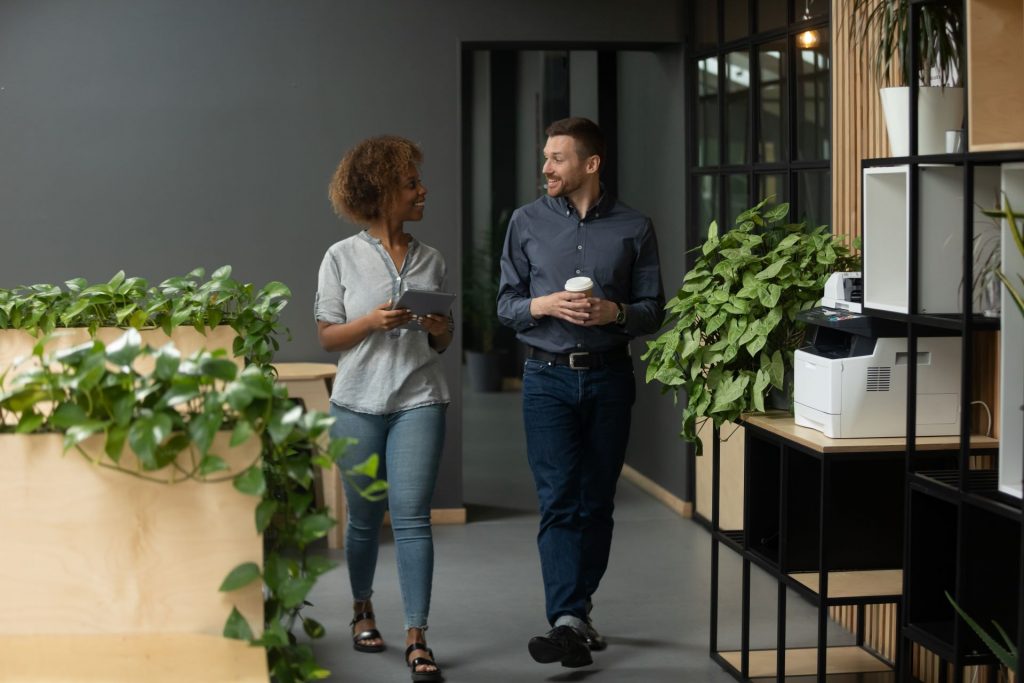
The Integrity Program, the first of its kind in food certification, has been closely monitoring GLOBALG.A.P. approved CBs and their activities since 2008.
With over 2000 auditors working for more than 185 accredited CBs certifying over 600 products and more than 200,000 producers spread across 132 countries on 5 continents, keeping the confidence of our stakeholders is our top priority.
The Integrity Program is designed to ensure the consistent delivery and implementation of GLOBALG.A.P. standards worldwide. It also acts as a feedback mechanism that serves the continuous improvement of all aspects of the GLOBALG.A.P. system.
The role of the Integrity Surveillance Committee
Integrity Surveillance Committee members are industry experts with a local legal background. The members are appointed by the Advisory Board but work independently and meet at least twice a year. The Integrity Surveillance Committee assesses integrity issues and CB non-conformances and proposes correctional measures and sanctions.
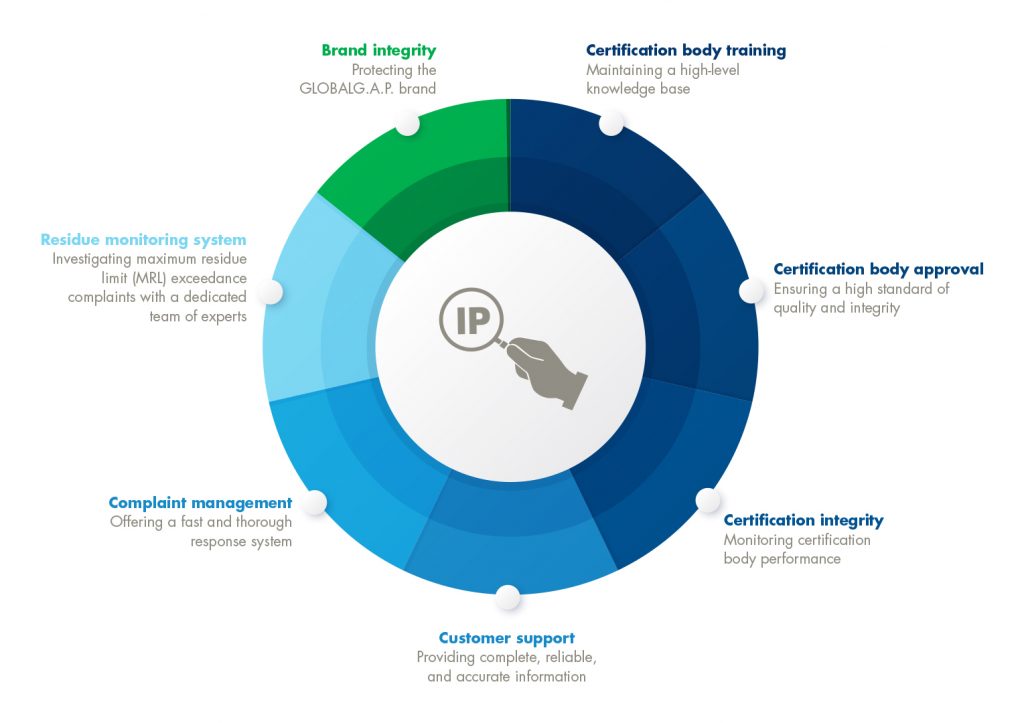
Integrity Program 2021 in Numbers:
The Integrity Program publishes its own activity report each year. Find the 2021 Integrity Report here.
GLOBALG.A.P. IT systems
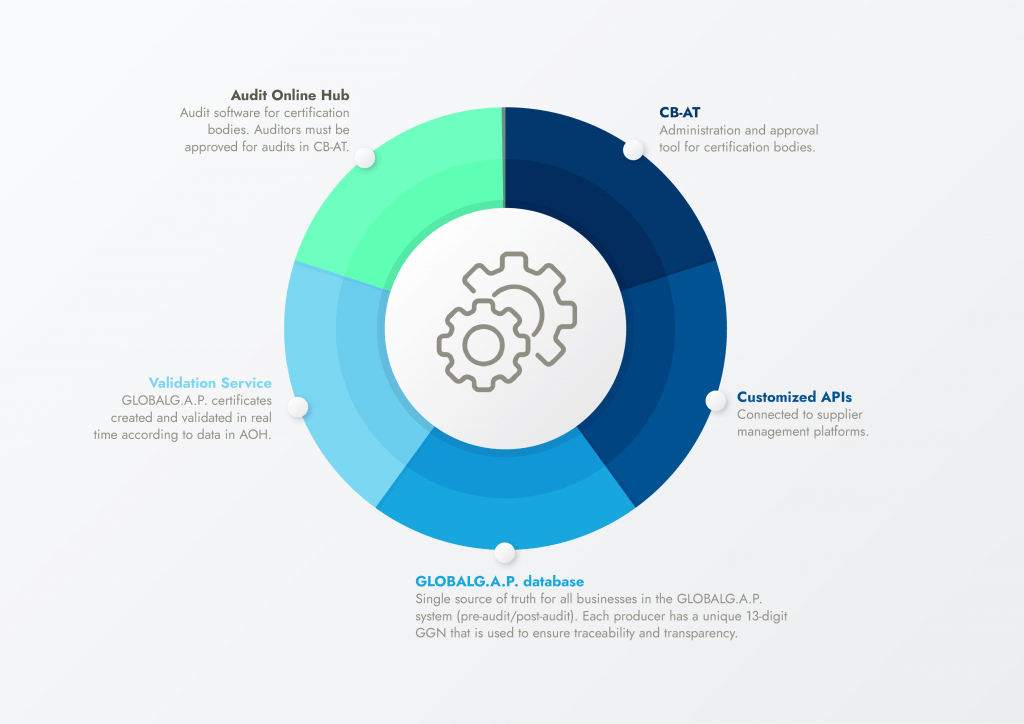
GLOBALG.A.P. farm assurance products rely on a network of interconnected IT systems with which users interact on a daily basis. These systems create a framework for producers, CBs, and supply chain members and ensure that each GLOBALG.A.P. claim can be verified. Learn more about our systems below.
Certification Body Administration Tool (CB-AT)
The GLOBALG.A.P. tool for managing auditor qualifications
GLOBALG.A.P. approved CBs must register their auditors and their respective qualifications in this system so that the GLOBALG.A.P. Secretariat can (re)approve them for auditing duties as appropriate. The connection between CB-AT and AOH means that only registered and approved auditors can conduct audits and share the relevant data, strengthening the integrity of the GLOBALG.A.P. system.
Audit Online Hub (AOH)
The digital hub for GLOBALG.A.P. audits
As part of the goal of simplifying the audit process and continually improving GLOBALG.A.P. standards, AOH was developed to help CBs collect audit data information in a modern, efficient, and uniform way. AOH is currently in use for a limited selection of standards and is being further developed for our new era of smart farm assurance solutions.
The GLOBALG.A.P. database
An information bank of producers with certified production processes around the world
The GLOBALG.A.P. database contains all producers worldwide with a GLOBALG.A.P. certificate and lists their unique 13-digit GLOBALG.A.P. identification number, e.g., a GGN or an LGN. All of the relevant product, certification, and assessment information is stored here, providing instant, complete accessibility for retailers and traders to confirm the registration and status of producers and the validity of their certificates. To ensure traceability and transparency, any GLOBALG.A.P. identification number not found in the GLOBALG.A.P. database is considered immediately invalid.
Validation Service
The smart way to issue certificates
Validation Service is a tool that GLOBALG.A.P. approved CBs use to create and issue certificates and letters of conformance for GLOBALG.A.P. standards and add-ons. The system was built in 2020 and is currently in use for a limited selection of standards and add-ons. It is being further developed for our new era of smart farm assurance solutions.
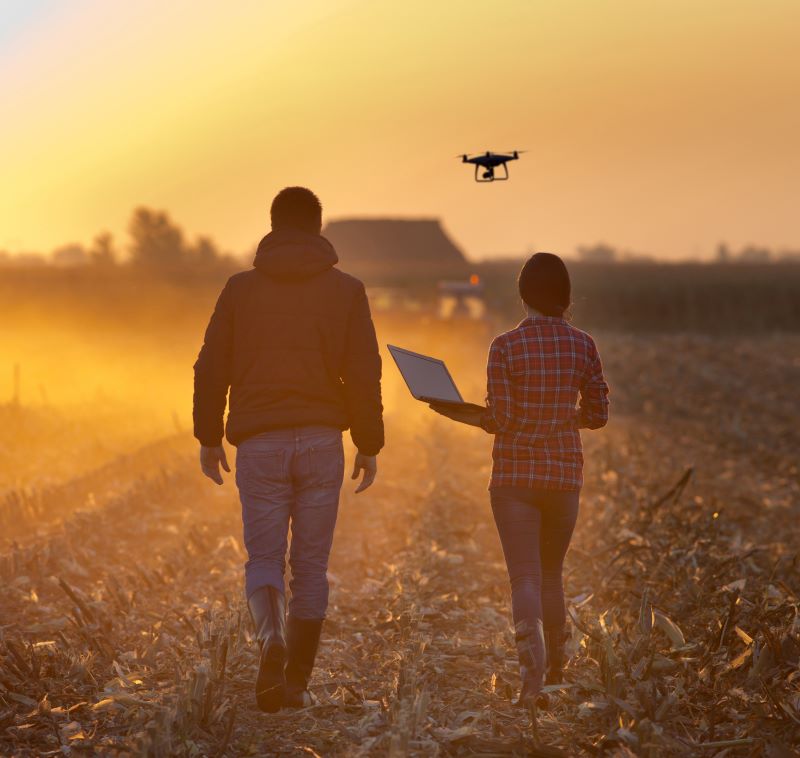
Impact Driven Approach (IDA)
Collecting data for continuous improvement
As part of the efforts to improve sustainability within the responsible farming practices outlined in GLOBALG.A.P. standards, a new approach to data is underway. This approach consists of collecting data from producers, processing the data in a way that respects data ownership and confidentiality, and transforming it into information which has a variety of uses such as improving efficiency at farm level, improving the GLOBALG.A.P. standards and their impact, as well as giving buyers a stronger sense of trust in a certification system based on data.
The project began with the IDA add-on for flowers and ornamentals, but will eventually include all producers in the GLOBALG.A.P. network, with farm management systems acting as the interface for data exchange between producers and GLOBALG.A.P., so that producers are not required to adapt to a new GLOBALG.A.P. IT system. The first producer was audited against IDA in April 2021 and, as of June 2022, 44 producers have completed the IDA audit and are transmitting data via IDA. Many more have already begun submitting data.
IDA marks the start of a journey that will continue with IFA v6 in 2022 and beyond.
< PREVIOUS
ADD-ONS
NEXT >
GGN LABEL
